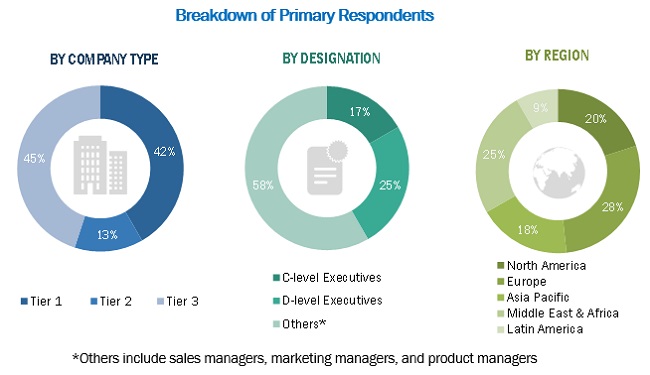The Importance of Veterinary Labs in Comprehensive Pet Care
The Importance of Veterinary Labs in Comprehensive Pet Care
Blog Article
The health of pets is a top priority, and maintaining their vitality requires effort. Veterinary laboratories are essential tools in monitoring wellness for household animals.
In this guide, we’ll explore the importance of veterinary labs and review key diagnostic services.
How Do Veterinary Laboratories Work?
Advanced veterinary diagnostics focus on testing for testing biological materials. Vets rely on their findings to ensure timely interventions.

Steps in veterinary testing usually includes:
- Sample collection: Blood, urine, or feces are sent to the lab.
- Testing procedures: State-of-the-art processes conduct the tests.
- Analyzing findings: Insights guide care plans for effective health management.
Key Diagnostics for Pet Health
Diagnostic exams are tailored to pet needs to detect illnesses early. Routine diagnostics include:
- Hematology panels: Identify infections.
- Urine testing: Evaluate kidney function.
- Fecal analysis: Detect worms or parasites.
- Dermatological diagnostics: Diagnose food or environmental allergies.
- Structural health assessments: Detect tumors or growths.
laboratório são camilo veterinária pet
laboratorio caes e gatos
Why Diagnostic Exams Are Essential
Frequent health checks supports proactive health management. By addressing concerns promptly, you can prevent serious conditions.

Why diagnostics matter include:
- Proactive care: Recovery chances improve.
- Cost savings: Emergency costs are avoided.
- Trust in their well-being: Stay ahead of potential issues.
The Value of Diagnostics for Pet Owners
Veterinary labs ensure pets get the best care possible. Through proactive diagnostics, you catch issues early.
Act now to safeguard your pet’s future and give your furry friends the best care possible!
Report this page